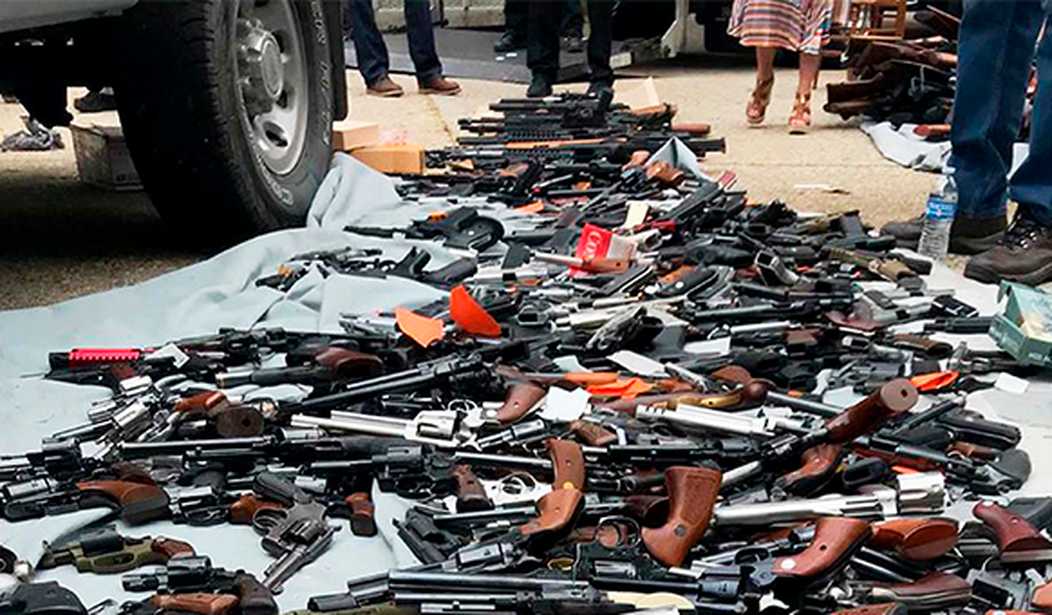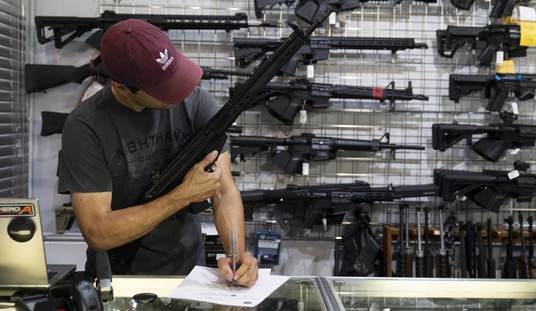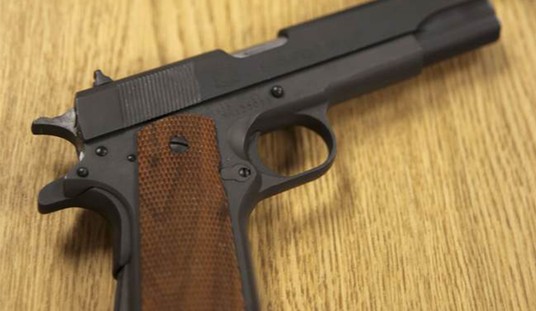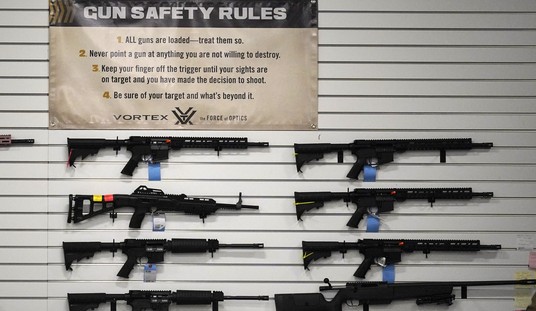Buyback programs are popular in places that see a lot of gun violence. It’s really not difficult to see why. The idea sounds like something that should work. Offer money in exchange for the guns so that people will take that instead of robbing folks. Sounds like a plausible plan.
The idea is that these programs will take guns off the streets, away from the criminals, and into a place where they can’t be used to hurt anyone ever again.
At least, that’s the hope for many, including a group of pastors in Indianapolis.
Putting a stop to gun violence in Indianapolis might take work, but local pastors are trying step up to the challenge.
In a matter of 30 years, Pastor Wayne Moore has stood in his pulpit and comforted countless families ripped apart by gun violence.
“To date, I have buried six 16-21 year olds. That’s not the joy of ministry at all,” Moore said. “Guns don’t work unless we put them to work.”
That’s a fair point. Guns don’t do anything unless someone uses them to do something. Like I tend to say, it’s not the tool, it’s the tool using it that’s the problem. I’m glad to see Moore get that.
Unfortunately, that’s not stopping him from wasting money on a buyback program, though.
Seeing the grief and tears put a fire inside Moore to help. Now he’s teaming up with other pastors to see the vision through with a gun buyback event from noon-5 p.m. Saturday at the Messiah Baptist Church on East 38th Street in Indianapolis. People can exchange firearms for cash gift cards, and they must have a valid ID.
The initiative by Indy Cease Fire also involves efforts from the Indianapolis Metropolitan Police Department and Chief Brian Roach, the Indianapolis Public Safety Foundation, the Indy Public Safety Office and the Indianapolis City-County Council.
I get feeling the need to do something, but there doesn’t seem to be any evidence that gun buybacks work.
During what was arguably the first buyback program in history, the city of Baltimore saw violent crime increase during the buyback period. That was in 1974. A study conducted in 1994 couldn’t find any noticeable impact from buyback programs.
While I get what Moore is trying to do, a buyback program just isn’t the way to do it.
Instead, those funds could be better utilized by trying to intervene when people are young to keep them from becoming criminals. They could also be used to help fund job training programs. After all, a lot of criminals become so because they believe they don’t have any other choice. While that’s not true, that’s their perception, so undermining that perception is a vital tactic in undermining violence that might plague a city.
The truth of the matter is that it can’t do any worse than a buyback will.
After all, I still think the greatest beneficiaries of buybacks are the criminals looking to dump a gun they used in a crime. Thanks to the buyback, they can not only turn it in with no questions asked, but they get some money in return for dumping it. Why wouldn’t they love it?







Join the conversation as a VIP Member